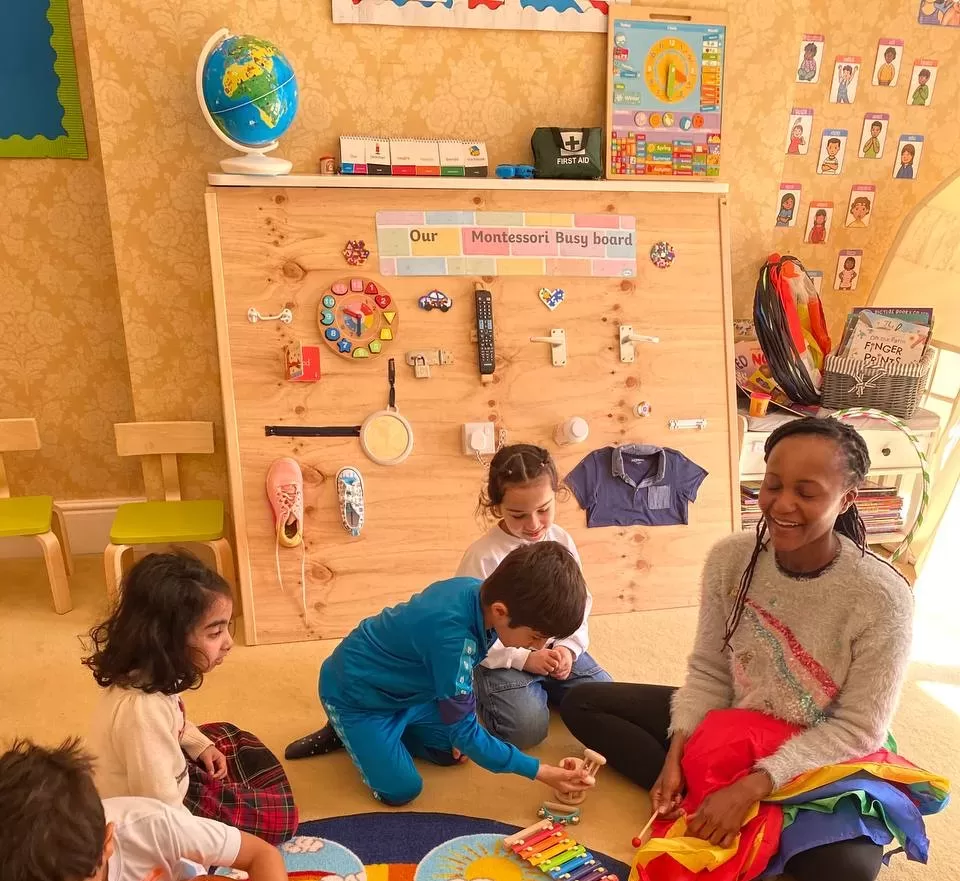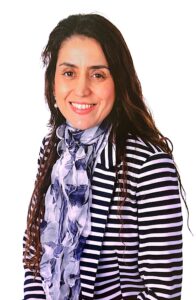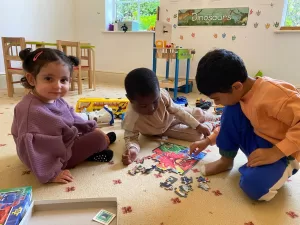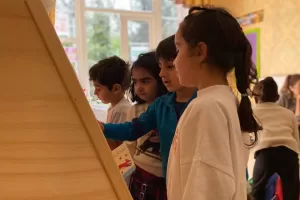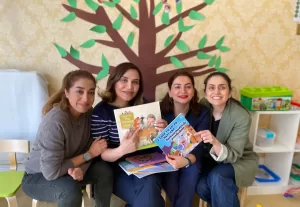Welcome to the wonderful world of Montessori education! As parents, we all want the best for our children, especially when it comes to their early childhood education. You may have heard about the Montessori approach and wondered what makes it so special. In this post, we’ll dive into what Montessori education is, why it works, and how it can benefit your child at a Montessori nursery like Happy Chalet.
What is Montessori Education?
Montessori education is a child-centered approach to learning that was developed by Dr. Maria Montessori over a century ago. This educational philosophy emphasises hands-on, self-directed learning, where children are encouraged to explore and discover at their own pace. The Montessori approach fosters independence, creativity, and a love for learning.
Key Principles of Montessori Education
- Child-Centered Learning: At the heart of Montessori education is the belief that children are naturally curious and capable learners. The Montessori approach respects and nurtures each child’s individual interests and developmental pace.
- Prepared Environment: A Montessori classroom is a calm, orderly space filled with beautiful, uncluttered materials designed to stimulate each child’s developmental stage. The materials are self-correcting, meaning children can learn from their mistakes without adult intervention.
- Self-Directed Learning: Children are free to choose activities that pique their interest and work on them for extended periods. This fosters a sense of ownership and deepens their understanding.
- The Role of the Teacher: The teacher, often called a “guide,” observes children and provides individual or small group lessons to introduce new materials and concepts. They act as facilitators, encouraging exploration and providing gentle guidance.
- Sensorial Learning: Montessori places a strong emphasis on sensorial learning, where children use their senses to explore the world around them. Engaging materials allow them to learn about size, texture, shape, sound, and more.
- Mixed-Age Classrooms: Many Montessori schools group children in mixed-age groups, typically 3-year spans. This fosters cooperation and peer learning as older children act as mentors to younger ones.
Benefits of Montessori Education
Montessori education offers a multitude of benefits for young children, including:
- Independence and Confidence: By making choices and working independently, children gain a strong sense of self-confidence and the ability to take initiative.
- Improved Concentration: Long periods of uninterrupted exploration allow children to develop deep concentration and a love for learning.
- Enhanced Problem-Solving Skills: Montessori materials are designed to challenge children and encourage them to find solutions on their own.
- Strong Social Skills: Through collaboration and peer interaction, children learn to communicate effectively, share, and resolve conflicts peacefully.
- Lifelong Learning: Montessori education fosters a love for learning that extends far beyond the classroom. Children become curious, independent thinkers who are eager to explore and discover.
Related Article: The Role of Music and Movement in Early Childhood Education
The Montessori Approach in Early Childhood Education
Montessori education is particularly effective in early childhood, a critical period for cognitive, social, and emotional development. At this stage, children’s brains are incredibly receptive to learning, and the Montessori approach maximizes this potential.
Sensorial Learning
One of the core aspects of Montessori education is sensorial learning. Young children learn best through their senses, and Montessori materials are designed to engage all five senses. This multisensory approach helps children develop a deeper understanding of their environment and enhances their cognitive abilities.
Language Development
Language development is another key focus in Montessori nurseries. Children are exposed to rich vocabulary and language activities that promote communication skills. The Montessori approach also includes phonics and pre-reading activities, laying a strong foundation for literacy.
Practical Life Skills
Montessori education places a strong emphasis on practical life skills. Activities like pouring, buttoning, and sweeping teach children important life skills and fine motor control. These tasks also promote independence and self-care.
Mathematics
In Montessori nurseries, children learn mathematical concepts through hands-on activities. They use materials like number rods, sandpaper numbers, and bead chains to understand numbers, counting, and basic arithmetic. This concrete approach to math helps children develop strong numerical skills.
Is Montessori Education Right for Your Child?
If you are looking for an educational approach that values your child’s individual needs and fosters their natural curiosity, Montessori education could be a perfect fit. Here are some signs that your child might thrive in a Montessori environment:
- They are highly inquisitive and enjoy exploring their surroundings.
- They are independent and like to solve problems on their own.
- They have a strong sense of order and enjoy routine.
- They are drawn to hands-on activities and manipulatives.
Montessori Nursery vs. Traditional Childcare
You might be wondering how a Montessori nursery differs from traditional childcare. Here are some key differences:
- Learning Pace: In a Montessori nursery, children learn at their own pace. Traditional childcare often follows a set curriculum and schedule, which may not accommodate individual learning speeds.
- Role of the Teacher: Montessori educators act as guides and facilitators rather than instructors. They observe children and provide appropriate materials to support their learning journey. In traditional childcare, teachers often take a more directive role.
- Environment: Montessori classrooms are designed to be child-friendly and conducive to exploration. Traditional childcare settings may not place as much emphasis on the physical environment.
- Materials: Montessori nurseries use specialized materials that promote hands-on learning and sensory exploration. Traditional childcare may rely more on toys and pre-packaged educational materials.
What to Look for in a Montessori Nursery or Childcare Center
If you’re considering a Montessori nursery for your child, here are some tips to help you make the right choice:
- Visit the Nursery: Schedule a visit to see the environment and observe how the classroom operates. Pay attention to the atmosphere, the materials, and how the teachers interact with the children.
- Meet the Educators: Talk to the teachers and ask about their training and experience. Montessori educators should have specialized training in the Montessori method.
- Check the Curriculum: Ensure that the nursery follows a genuine Montessori curriculum and philosophy. Some nurseries may use the Montessori name without fully adhering to its principles.
- Consider the Community: Look for a nursery that fosters a sense of community and values parent involvement. A supportive community can enhance your child’s learning experience.
- Ask About Flexibility: Inquire about how the nursery accommodates different learning styles and paces. A good Montessori nursery should be flexible and adaptable to each child’s needs.
Montessori Education at Happy Chalet
At Happy Chalet, we believe in nurturing the whole child. Our curriculum blends the best aspects of Montessori education with the Early Years Foundation Stage (EYFS) framework to provide a holistic learning experience. This unique combination allows us to cater to each child’s individual needs while ensuring they develop a strong foundation in all areas, including:
- Communication and Language
- Physical Development
- Personal, Social and Emotional Development
- Literacy
- Mathematics
- Understanding the World
Conclusion
Montessori education offers a unique and enriching approach to early childhood education. By fostering independence, self-directed learning, and a love for exploration, it empowers children to become confident, well-rounded individuals. Happy Chalet uses curriculum blending Montessori and EYFS to create a nurturing environment where your child can blossom and reach their full potential.

